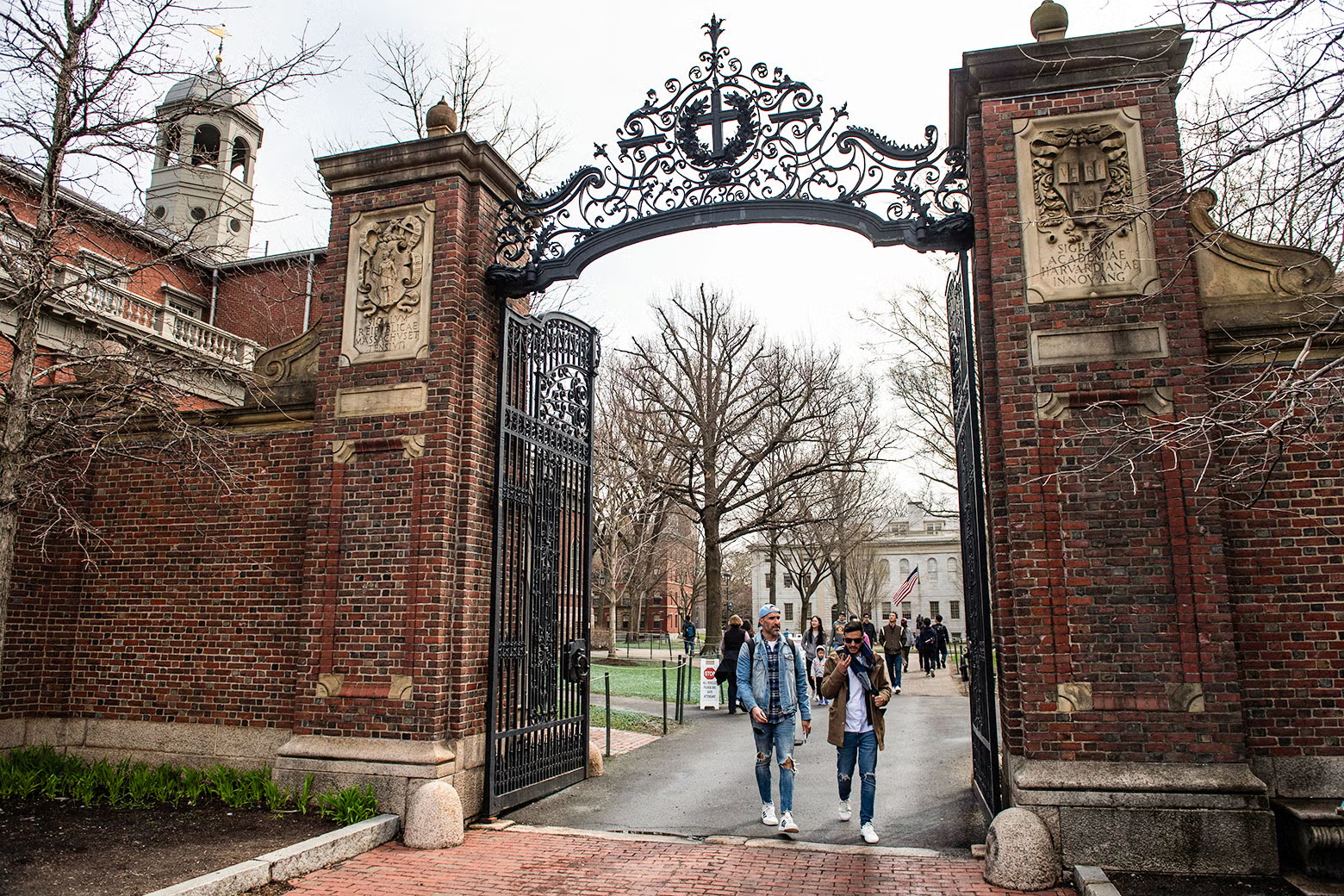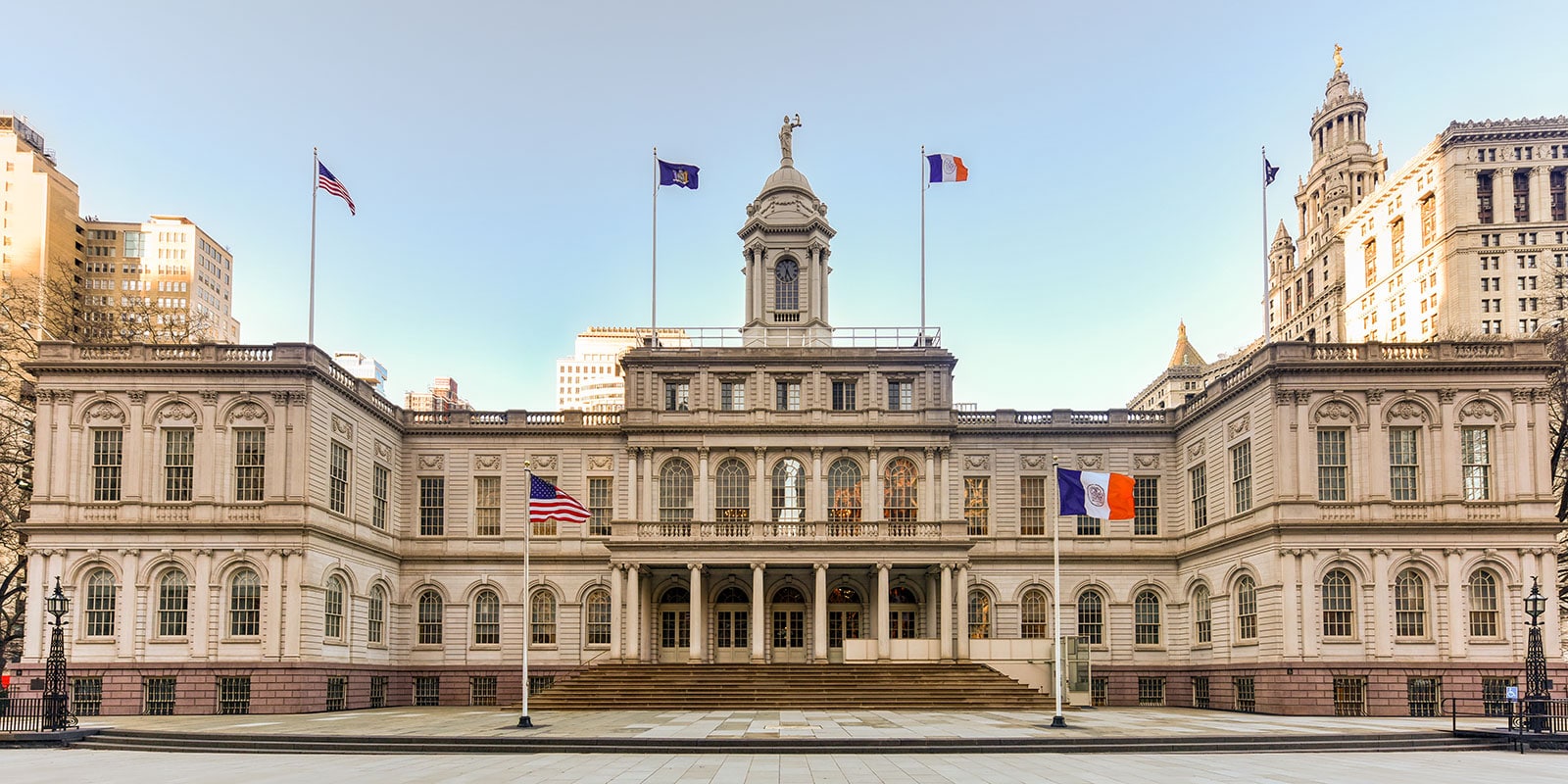The Trump administration has formally filed an appeal to the U.S. Supreme Court, seeking to uphold its executive order on birthright citizenship and allow it to take effect. If the Court rules in favor of the order, children born in the United States to parents who are undocumented or only temporarily present would no longer automatically receive U.S. citizenship. The move signals that one of the core provisions of the Fourteenth Amendment is facing an unprecedented challenge.
The executive order, numbered 14160 and titled “Protecting the Meaning and Value of American Citizenship,” was signed by Trump on his first day back in the White House. It argues that the Fourteenth Amendment’s guarantee of birthright citizenship should not extend to the children of parents who are in the country illegally or on a temporary status. The announcement immediately triggered strong nationwide controversy. Multiple state attorneys general, civil rights organizations, and immigrant advocacy groups filed lawsuits, and several federal judges issued temporary injunctions blocking its full implementation. In July, a judge in New Hampshire even approved a nationwide preliminary injunction, finding that the order undermined constitutional protections of citizenship rights.
Meanwhile, in a related ruling at the end of June, the Supreme Court restricted the authority of lower courts to issue nationwide injunctions, holding that such orders may only apply to the parties directly involved in a case. While that decision did not address the constitutionality of Trump’s order, it opened the door for the policy to be enforced in limited contexts. Shortly afterward, however, a three-judge panel of the Ninth Circuit Court of Appeals declared the executive order unconstitutional and upheld the injunction, stressing that the Fourteenth Amendment’s guarantee that “all persons born in the United States are citizens” remains a bedrock tradition.
In its latest appeal, the Trump administration argued that the current interpretation of birthright citizenship lacks firm legal grounding and encourages practices such as “birth tourism,” which it claims undermines the U.S. immigration system. Justice Department filings urged a reexamination of the Fourteenth Amendment’s phrase “subject to the jurisdiction thereof,” contending that children of undocumented or temporary residents should not automatically qualify for citizenship. Opponents countered by pointing to the Supreme Court’s landmark 1898 ruling in United States v. Wong Kim Ark, which firmly established the principle of birthright citizenship. Groups such as the ACLU warned that if the order were allowed to take effect, it could create a generation of stateless children, striking at the foundation of America’s constitutional order.
The Supreme Court has not yet decided whether it will formally hear the case. Should it agree to take up the matter, oral arguments could begin as early as 2026. The eventual ruling will carry far-reaching consequences for constitutional protections of citizenship, the limits of executive power, and the future of U.S. immigration policy.


